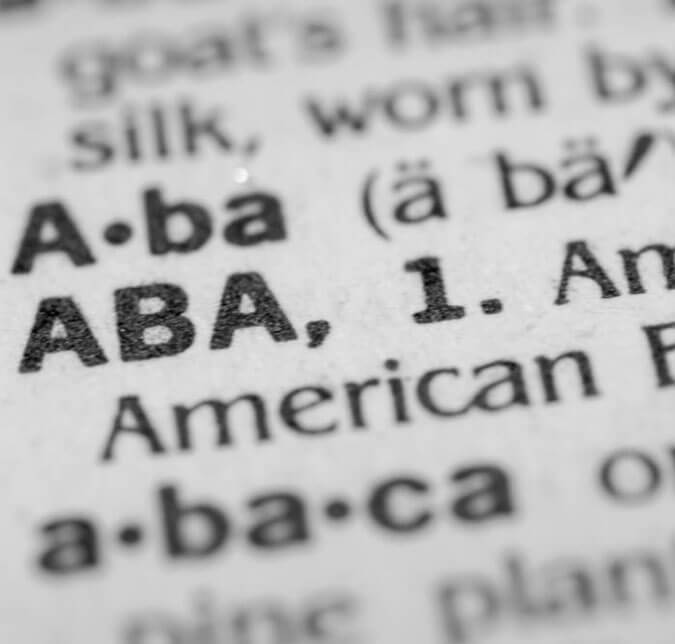
He clarified his stance by saying that the main reason the vote was unanimous was that senators were afraid of being labeled racist. “Even the name of it is wonderful,” he said, “The Voting Rights Act. Who is going to vote against that in the future?”
But he is especially concerned with Section Five of the act that penalizes certain districts, mostly but not all Southern, that have a history of bad behavior. These distracts have to get a “pre-clearance” from the Department of Justice or from a federal court before they can change voting hours, redraw districts, or change voter-I.D. requirements. Scalia sees this as an infringement on State rights.
When Justice Sonia Sotomayor stood up to speak, she had an edge in her voice, asking Bert Rein, the lawyer for Shelby Count, Alabama, “Do you think that the right to vote is a racial entitlement in Section 5?”
Rein responded:
“May I say Congress was reacting in 1964 to a problem of race discrimination which it thought was prevalent in certain jurisdictions. So to that extent, as the intervenor said, yes, it was intended to protect those who had been discriminated against.”
He also added:
“As everyone agrees, it’s been very effective, Section 5 has done its work. People are registering and voting and, coming to Justice Scalia’s point, Senators who see that a very large group in the population has politically wedded themselves to Section 5 are not going to vote against it; it will do them no good.”
The Transcript of Scalia’s Comments read as follows:
JUSTICE SCALIA: Well, maybe it was making that judgment, Mr. Verrilli. But that’s — that’s a problem that I have. This Court doesn’t like to get involved in — in racial questions such as this one. It’s something that can be left — left to Congress.
The problem here, however, is suggested by the comment I made earlier, that the initial enactment of this legislation in a — in a time when the need for it was so much more abundantly clear was — in the Senate, there — it was double-digits against it. And that was only a 5-year term.
Then, it is reenacted 5 years later, again for a 5-year term. Double-digits against it in the Senate. Then it was reenacted for 7 years. Single digits against it. Then enacted for 25 years, 8 Senate votes against it. And this last enactment, not a single vote in the Senate against it. And the House is pretty much the same. Now, I don’t think that’s attributable to the fact that it is so much clearer now that we need this. I think it is attributable, very likely attributable, to a phenomenon that is called perpetuation of racial entitlement. It’s been written about. Whenever a society adopts racial entitlements, it is very difficult to get out of them through the normal political processes.
I don’t think there is anything to be gained by any Senator to vote against continuation of this act. And I am fairly confident it will be reenacted in perpetuity unless — unless a court can say it does not comport with the Constitution. You have to show, when you are treating different States differently, that there’s a good reason for it.
That’s the — that’s the concern that those of us who — who have some questions about this statute have. It’s — it’s a concern that this is not the kind of a question you can leave to Congress. There are certain districts in the House that are black districts by law just about now. And even the Virginia Senators, they have no interest in voting against this. The State government is not their government, and they are going to lose — they are going to lose votes if they do not reenact the Voting Rights Act.
Even the name of it is wonderful: The Voting Rights Act. Who is going to vote against that in the future?















































